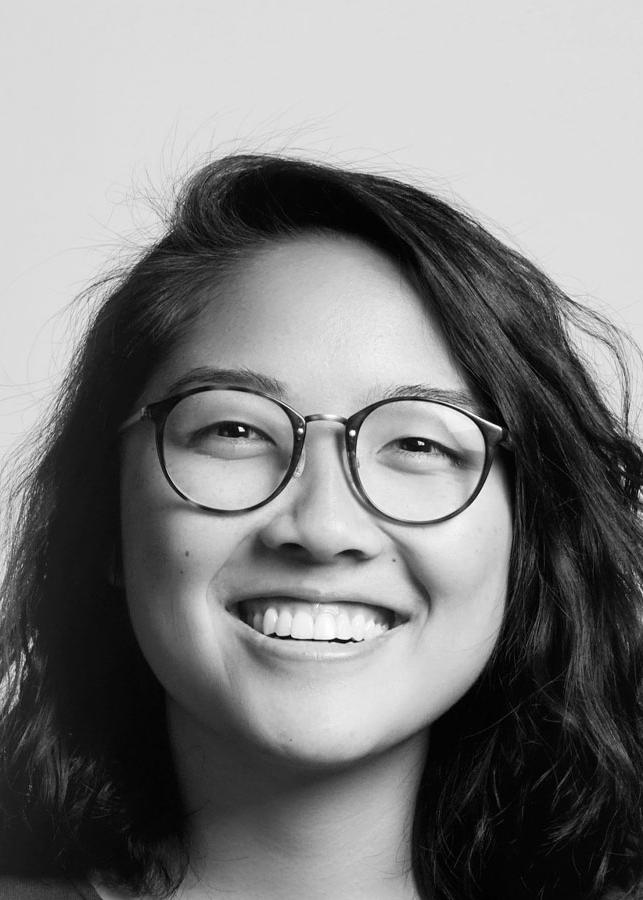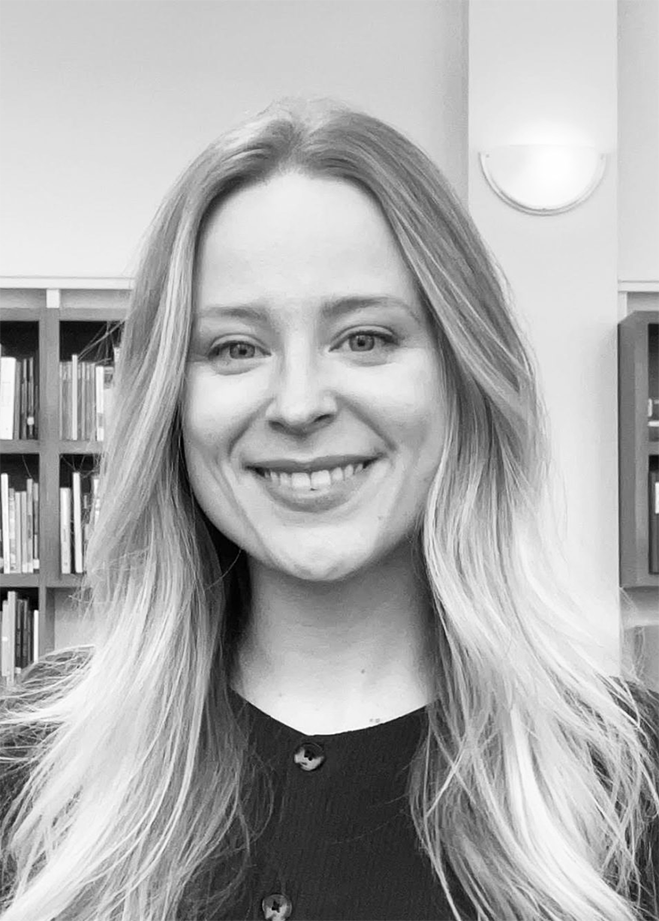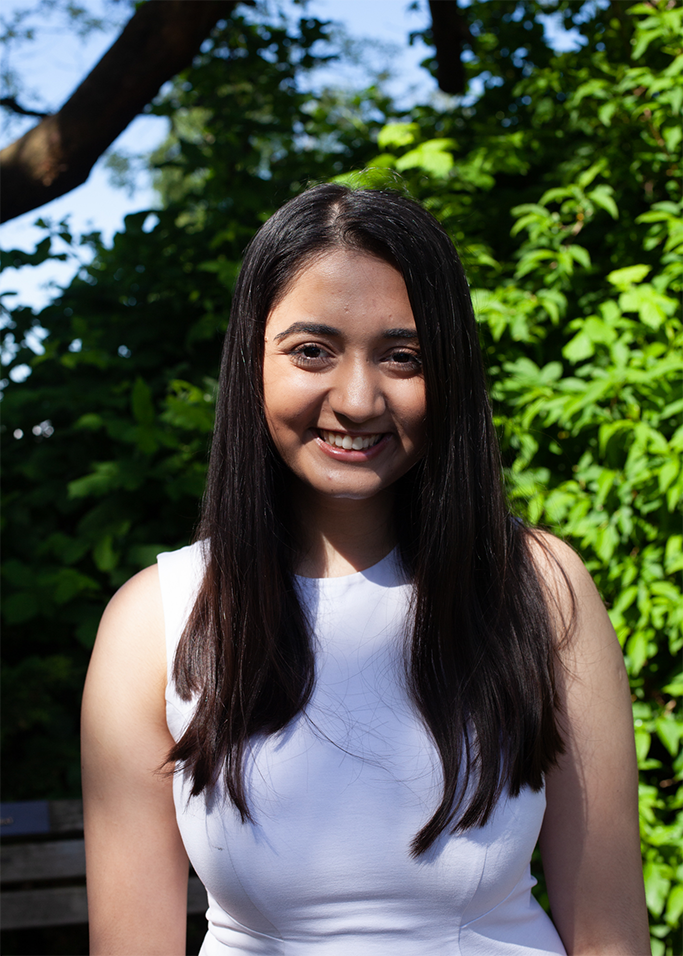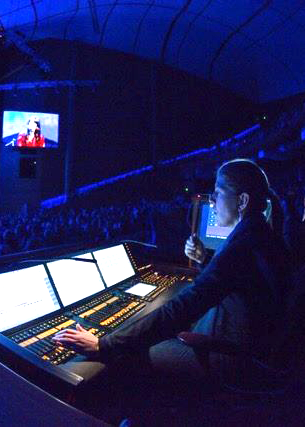Sanya Pleshakov
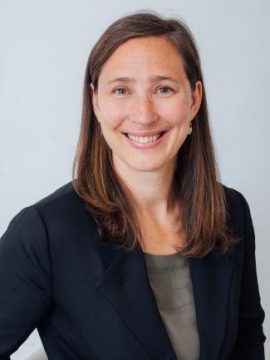
Why did you choose your program at UBC and what did you enjoy most about it?
I chose UBC because the Indigenous History section of the History Department was very strong, and because I wanted to work in particular with Dr. Coll Thrush and Dr. Robert McDonald. I also wanted to study local history in my hometown of Vancouver.
What were some of your most meaningful experiences at UBC?
Some of the most meaningful experiences I had at UBC were the courses I took based in the community. I am grateful for the opportunity to attend hən̓q̓əmin̓əm̓ language classes with elders at Musqueam through the First Nations and Endangered Languages Department, the Musqueam Field School through the Department of Archeology, and Musqueam 101, a lecture series for Musqueam members supported in part by UBC.
What choices did you make at UBC that contributed to your career success / journey?
The community-based courses I took at UBC helped me make deep and lasting connections with community members that I now rely on in my work today. I currently work with all of the local Nations in the Vancouver area and I believe that my experience at UBC helped me better understand what true community engagement can look like, the ethics process necessary to conduct research with community, and local Indigenous protocols around working with community members. Because I chose to study local history and with local communities for my graduate degree at UBC, I have been able to stay in my hometown of Vancouver where my work directly relates to my studies.
What was your first job after graduation and what other jobs did you have before your current position?
After I graduated with my BA in History from McGill University, I used my connections at school to obtain short-term contract work in academic research for various professors, as an independent researcher in family history, and in collections research for the Écomusée du fier monde in Montreal. I then went abroad, working in museums in New Zealand and Malawi through the Federal Government’s Young Professionals Internship Program. I also worked as an English Assistant in Guadeloupe, France through the French Government’s Foreign Language Assistants program. Later, I became an exhibit and content developer at AldrichPears Associates in Vancouver, where I worked on museum projects in Mexico, California, Washington State and Alaska.
Is your current career path as you originally intended? What challenges did you face in launching your career?
I have always been interested in museums, historical research, and teaching, and that has been the focus of my career path since I started my undergraduate degree. However, my career path has always been flexible, without a particular goal or position in mind. I have been able to leap at opportunities that came my way because I have always been able to see how these diverse experiences fit into a larger picture of what I am passionate about in life, which is social justice.
What do you like about your current job and what do you find challenging? How does it relate to your degree?
I am very fortunate that my work today relates directly to my studies in history. I love working with curators to create programs and experiences for families and children visiting the museum. I appreciate that I have the autonomy to make changes and decisions that influence the experience of hundreds of thousands of museum visitors. Although managing a large staff and volunteer team comes with its challenges, I especially enjoy the opportunity to coach and mentor young professionals entering the field.
From your experience, what has been the value of having an Arts degree?
An Arts degree is invaluable in order to gain skills in research, writing, giving presentations, building an argument, using evidence, critical thinking, and to develop cross-cultural understanding.
What advice would you give to students and alumni interested in breaking into your industry?
Use your time as an undergraduate wisely. Take every opportunity to gain new experiences and skills. Volunteer in your field, look for work-study positions related to your degree, network with professors who have connections to community or work outside the academy. The number one opportunity I had as an undergraduate student was Arts Co-op. I credit that program with all my career success. Gaining experience working in museums, theatre, teaching, and government as an undergraduate set me up for incredible job opportunities upon graduation. If you finish your BA with some relevant career experience, whether it’s though volunteering, practicums, paid internships, or work, it will give you the step ahead you need to break into what can be very competitive field of museums.
Sanya Pleshakov



Why did you choose your program at UBC and what did you enjoy most about it?
I chose UBC because the Indigenous History section of the History Department was very strong, and because I wanted to work in particular with Dr. Coll Thrush and Dr. Robert McDonald. I also wanted to study local history in my hometown of Vancouver.
What were some of your most meaningful experiences at UBC?
Some of the most meaningful experiences I had at UBC were the courses I took based in the community. I am grateful for the opportunity to attend hən̓q̓əmin̓əm̓ language classes with elders at Musqueam through the First Nations and Endangered Languages Department, the Musqueam Field School through the Department of Archeology, and Musqueam 101, a lecture series for Musqueam members supported in part by UBC.
What choices did you make at UBC that contributed to your career success / journey?
The community-based courses I took at UBC helped me make deep and lasting connections with community members that I now rely on in my work today. I currently work with all of the local Nations in the Vancouver area and I believe that my experience at UBC helped me better understand what true community engagement can look like, the ethics process necessary to conduct research with community, and local Indigenous protocols around working with community members. Because I chose to study local history and with local communities for my graduate degree at UBC, I have been able to stay in my hometown of Vancouver where my work directly relates to my studies.
What was your first job after graduation and what other jobs did you have before your current position?
After I graduated with my BA in History from McGill University, I used my connections at school to obtain short-term contract work in academic research for various professors, as an independent researcher in family history, and in collections research for the Écomusée du fier monde in Montreal. I then went abroad, working in museums in New Zealand and Malawi through the Federal Government’s Young Professionals Internship Program. I also worked as an English Assistant in Guadeloupe, France through the French Government’s Foreign Language Assistants program. Later, I became an exhibit and content developer at AldrichPears Associates in Vancouver, where I worked on museum projects in Mexico, California, Washington State and Alaska.
Is your current career path as you originally intended? What challenges did you face in launching your career?
I have always been interested in museums, historical research, and teaching, and that has been the focus of my career path since I started my undergraduate degree. However, my career path has always been flexible, without a particular goal or position in mind. I have been able to leap at opportunities that came my way because I have always been able to see how these diverse experiences fit into a larger picture of what I am passionate about in life, which is social justice.
What do you like about your current job and what do you find challenging? How does it relate to your degree?
I am very fortunate that my work today relates directly to my studies in history. I love working with curators to create programs and experiences for families and children visiting the museum. I appreciate that I have the autonomy to make changes and decisions that influence the experience of hundreds of thousands of museum visitors. Although managing a large staff and volunteer team comes with its challenges, I especially enjoy the opportunity to coach and mentor young professionals entering the field.
From your experience, what has been the value of having an Arts degree?
An Arts degree is invaluable in order to gain skills in research, writing, giving presentations, building an argument, using evidence, critical thinking, and to develop cross-cultural understanding.
What advice would you give to students and alumni interested in breaking into your industry?
Use your time as an undergraduate wisely. Take every opportunity to gain new experiences and skills. Volunteer in your field, look for work-study positions related to your degree, network with professors who have connections to community or work outside the academy. The number one opportunity I had as an undergraduate student was Arts Co-op. I credit that program with all my career success. Gaining experience working in museums, theatre, teaching, and government as an undergraduate set me up for incredible job opportunities upon graduation. If you finish your BA with some relevant career experience, whether it’s though volunteering, practicums, paid internships, or work, it will give you the step ahead you need to break into what can be very competitive field of museums.
